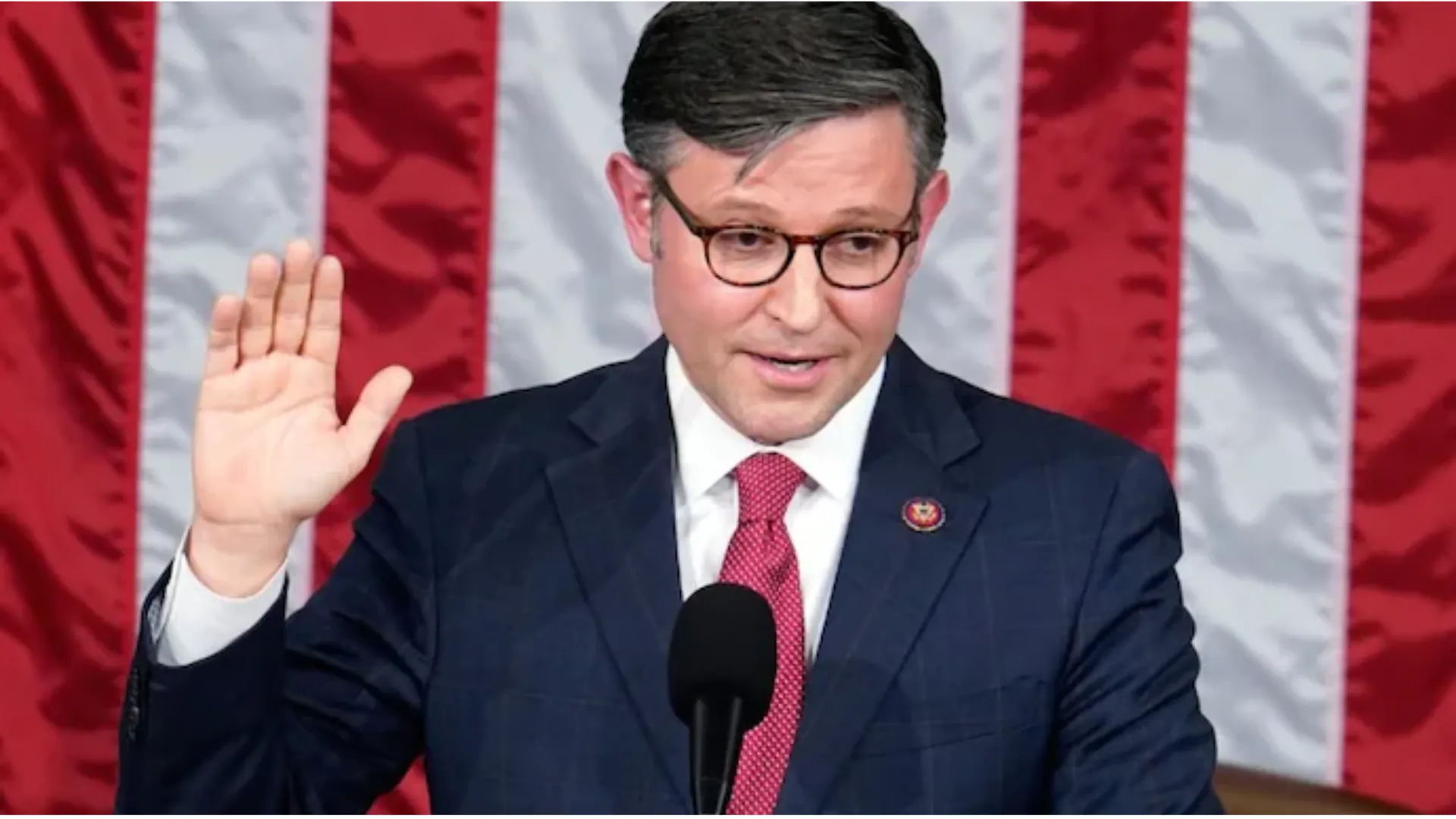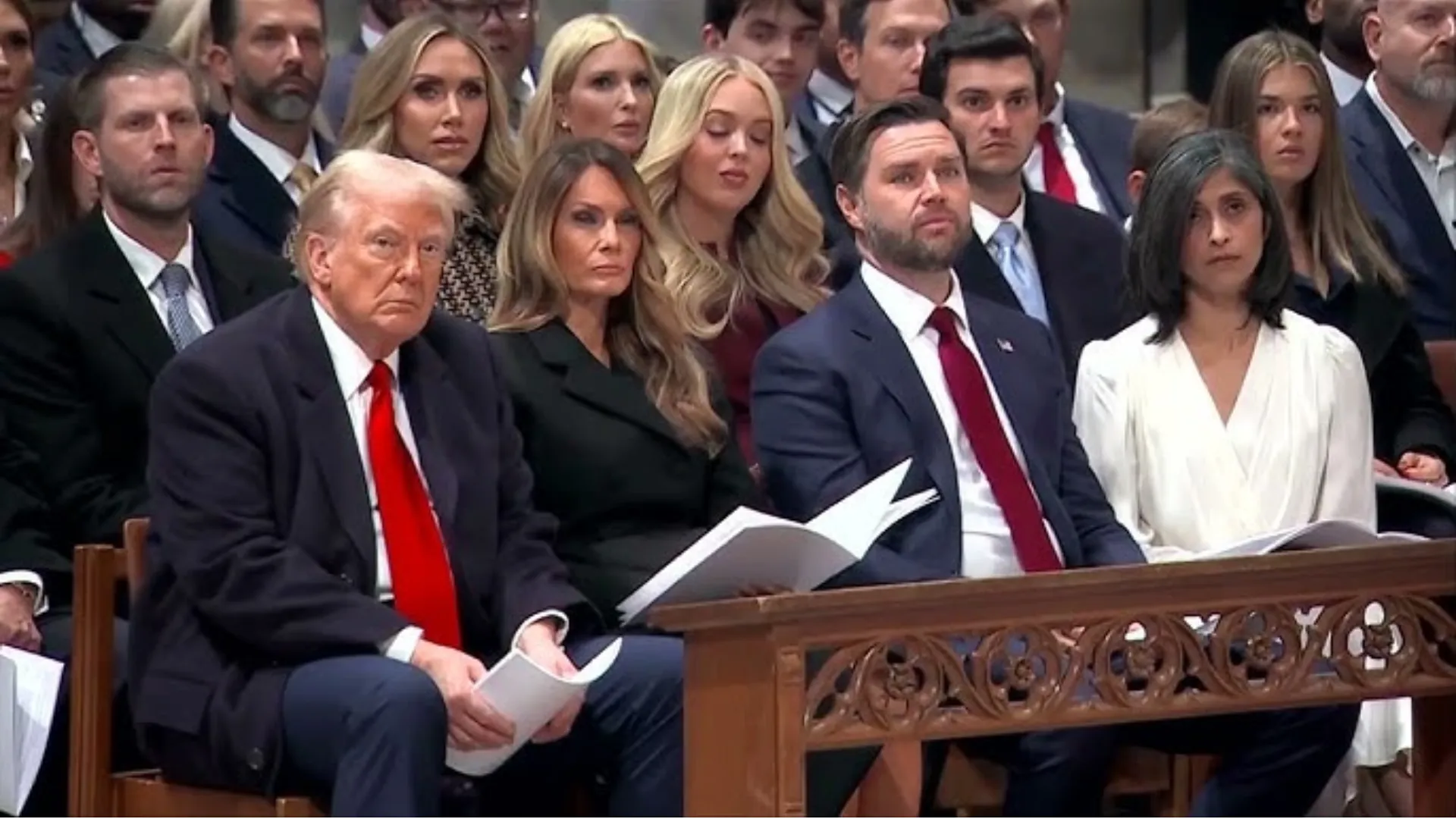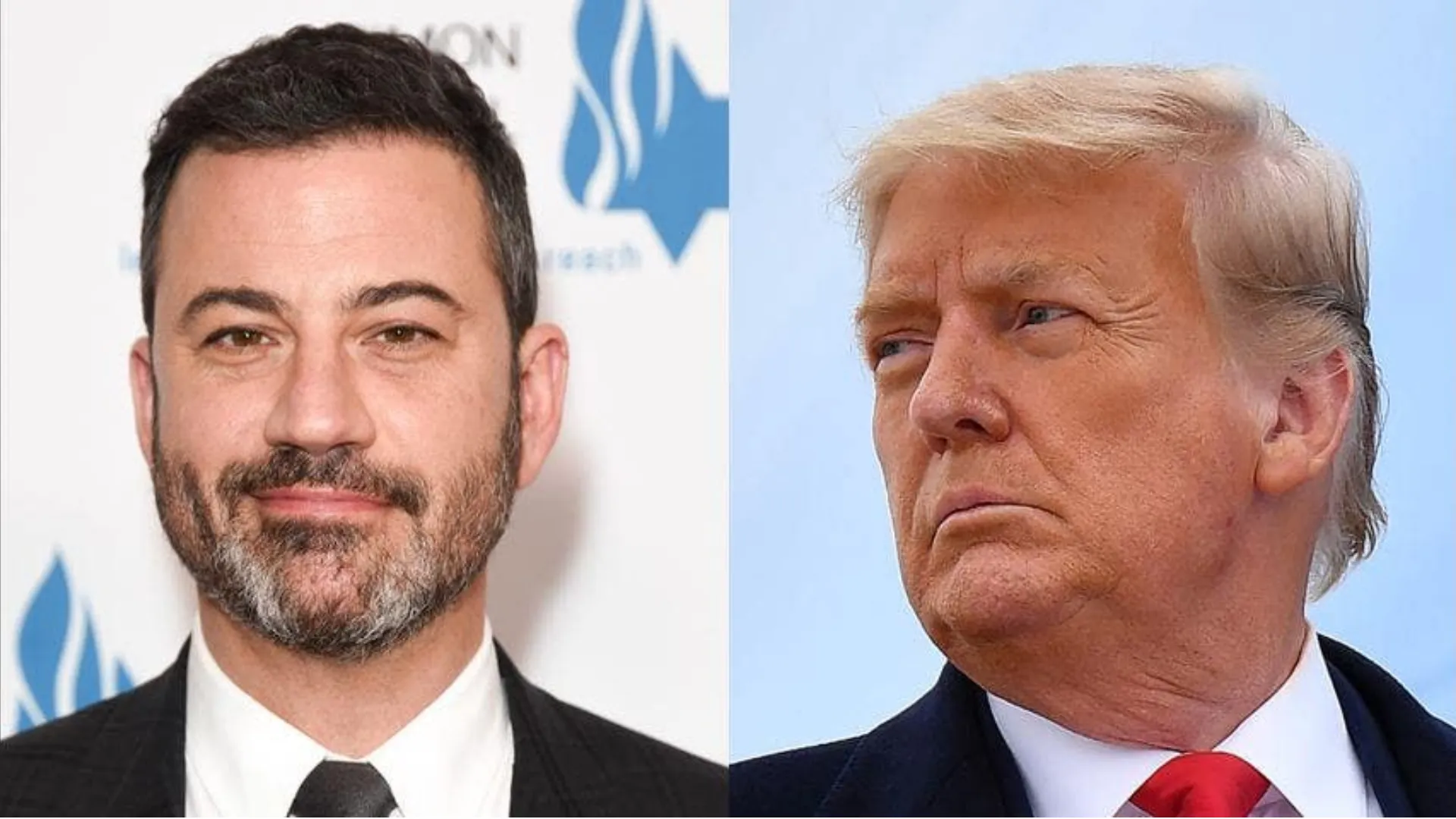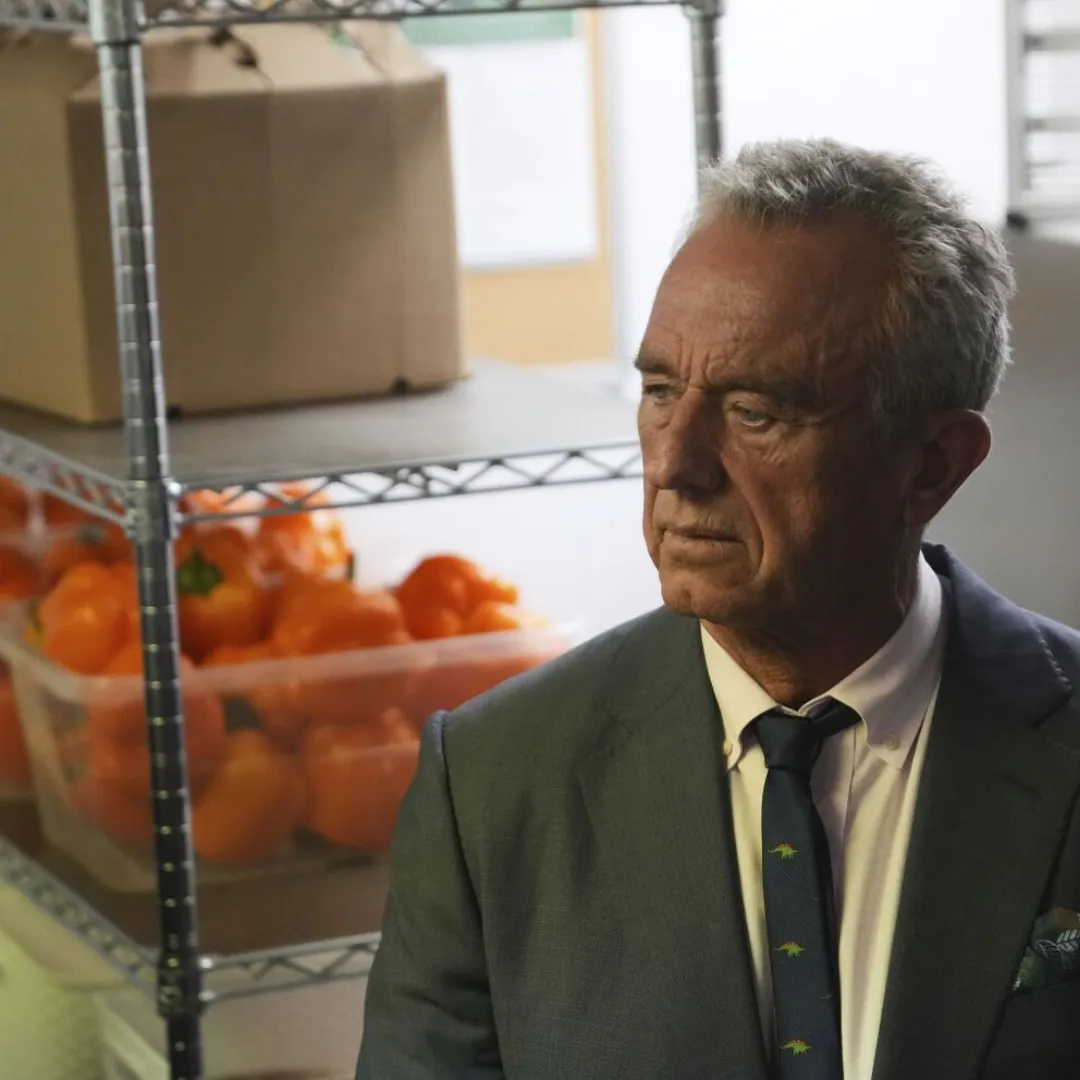
Rachel Griffin Accurso, better known to millions of children and parents around the world as Ms. Rachel, has found herself at the center of a political controversy few could have foreseen.
Known for her cheerful videos that help toddlers and preschoolers learn to speak, count, and express emotions, the beloved YouTuber is now under scrutiny from a pro-Israel advocacy group that wants her investigated for allegedly spreading pro-Hamas propaganda.
At the heart of the issue is a formal letter reportedly sent by StopAntisemitism, an advocacy group based in the U.S., to Attorney General Pam Bondi, asking the federal government to investigate whether Accurso violated the Foreign Agents Registration Act (FARA)—a law typically used to track foreign lobbyists and agents operating in the United States.
The letter, first reported by the New York Post, alleges that Ms. Rachel, through her Instagram account (which has over 2.5 million followers), has posted content sympathetic to Gaza during and after Israel’s war with Hamas in 2023.
StopAntisemitism claims these posts, which include emotional images of Palestinian children, could be part of a broader propaganda effort and may warrant investigation into whether she received foreign funding.
“Given the vast sums of foreign funds that have been directed toward propagandizing our young people on college campuses, we suspect there is a similar dynamic in the online influencer space,” Liora Rez, the group’s director, said in the letter.
It’s a sharp escalation in the post-2023 discourse around Israel and Palestine—one that now sees children’s content creators pulled into the vortex of geopolitics.
Ms. Rachel, a certified educator with a master’s degree in music education from NYU, rose to prominence during the pandemic with her gentle, slow-paced videos designed to support speech development in young children. Her “Songs for Littles” channel on YouTube has amassed over 14 million subscribers and billions of views.
Her content is apolitical by design: colorful puppets, catchy songs, sign language, and interactive moments designed to support kids with speech delays or developmental needs.
But her personal Instagram feed, which caters more to adults, has taken on a different tone since the Hamas-led attack on Israel in October 2023 and the subsequent Israeli military response in Gaza. Accurso has shared photos of children in Gaza, posted calls for humanitarian aid, and amplified the voices of medical workers and aid organizations.
“I care about all children—Israeli and Palestinian,” Accurso said in a past Instagram post. “We can oppose terrorism and also cry for the babies under rubble.”
Her posts have included pictures of injured or malnourished children, as well as statistics on the death toll in Gaza, often pulled from the Gaza Health Ministry, which is overseen by Hamas. She has also raised funds for organizations delivering aid to civilians in Gaza.
According to StopAntisemitism, some of the content she shared—such as an image of a “starving child” later revealed to also be suffering from cystic fibrosis—amounts to misinformation.
The group accused her of posting false statistics, amplifying fake images, and engaging in narratives that closely resemble those used by Hamas and its sympathizers online.
“Is someone funding Ms. Rachel?” the group posted on social media platform X (formerly Twitter), while urging followers to file formal complaints against her with the Department of Justice.
The organization’s central argument hinges on whether Accurso violated FARA, which requires individuals acting as agents of foreign principals to disclose their relationships, activities, and related financial compensation.
The law was originally created in 1938 to combat Nazi propaganda in the U.S. but has since been invoked in cases involving Russian operatives, Chinese government-linked entities, and foreign-funded lobbyists.
Legal experts say applying FARA to a children’s YouTuber would be unprecedented.
“To invoke FARA in this situation would be extraordinary and likely not stand up in court unless there’s strong evidence of coordinated funding or direction from a foreign entity,” said Dr. Elaine Marcus, a political law professor at Georgetown University.
“Simply expressing concern for civilians, or sharing third-party content—even if controversial—does not make someone a foreign agent.” Ms. Rachel has not been formally charged or subpoenaed.
However, her name now floats in a swirling national conversation about free speech, influence, and the ever-blurring line between personal and public platforms.
This isn’t the first time influencers and public figures have faced backlash for commenting on the Israel-Palestine conflict, but it may be the first time one so deeply embedded in early childhood education has been targeted.
That fact alone has stirred debate across media platforms.
“This is a dangerous precedent,” said Zara Khan, a media literacy advocate and mother of two. “If someone like Ms. Rachel, who has built a career on empathy and child-centered content, can’t speak out about war impacting children, who can?”
Others believe StopAntisemitism is right to sound the alarm. “Influencers have massive power,” said David Greenblatt, a former national security advisor. “If even a portion of her audience is being exposed to distorted or false content, that has real consequences.”
The political context is red-hot. Since the 2023 conflict reignited global tensions, college protests, calls for boycotts, and censorship battles on campuses and online have multiplied. For many advocacy groups, the influencer economy has become the next frontier in the war for public opinion.
“This is part of a much broader campaign,” said media sociologist Dr. Linh Ortega. “Activists and governments alike are now seeing social media influencers—especially women, especially those with mainstream followings—as critical players in the fight to shape global narratives.”
Accurso’s defenders argue that her posts, while emotionally charged, are rooted in humanitarian concern, not propaganda. Many of her captions focus on donating to relief efforts, calling for ceasefires, or sharing firsthand accounts from civilians in conflict zones.
Critics counter that even unintended consequences can be damaging—and that the burden of responsibility is higher for those with massive reach.
“What we’re seeing is a chilling effect,” said Leah Simmons, director of the Center for Online Free Expression. “Creators are beginning to self-censor, not because they’re wrong, but because they’re scared of legal threats and public pile-ons.”
Ms. Rachel’s team has remained largely silent during the controversy, though she has acknowledged the situation in broad terms. “I know some people have been upset,” she wrote in a recent Instagram story. “I will continue to stand for kindness, truth, and the wellbeing of all children.”
That message has sparked both fierce defense from her followers—many of them parents who credit her videos with helping their children learn—and ongoing criticism from those who believe she crossed a line.
As the debate simmers, a larger question looms: What is the role of creators like Ms. Rachel in an age where every phone is a newsroom, every platform a megaphone, and every post a potential scandal?
“She built trust with parents across all backgrounds,” said Dana Kroll, a preschool administrator in New Jersey. “Now she’s in a political firestorm not of her making—but maybe that’s what influence means in 2024. You don’t get to be neutral forever.”
For now, no investigation has been formally opened, and Ms. Rachel continues to release children’s content as usual. But the shadow of the controversy lingers, and her case is being watched closely—by free speech advocates, pro-Israel organizations, and social media analysts alike.
In an age where algorithms amplify emotion, and silence can be seen as complicity, even a children’s educator can find herself accused of international political influence.
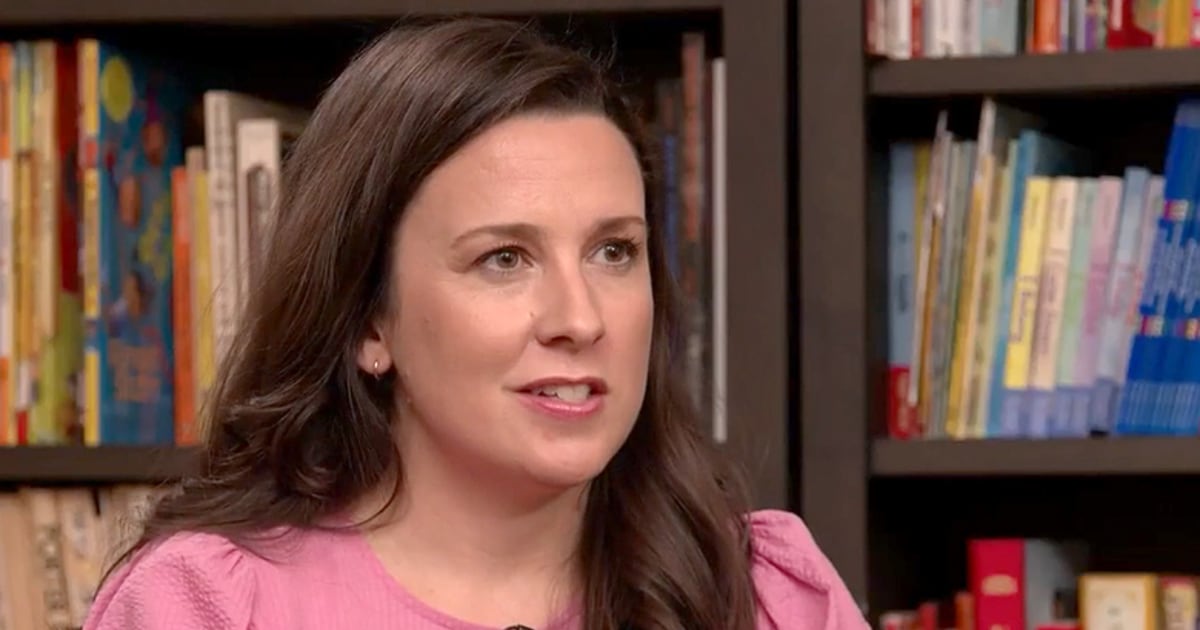
And for many observers, the story is not about whether Ms. Rachel is a villain or a victim—but about how quickly narratives travel, how tightly politics grip every corner of the internet, and how fragile innocence feels when war reaches into your feed.



